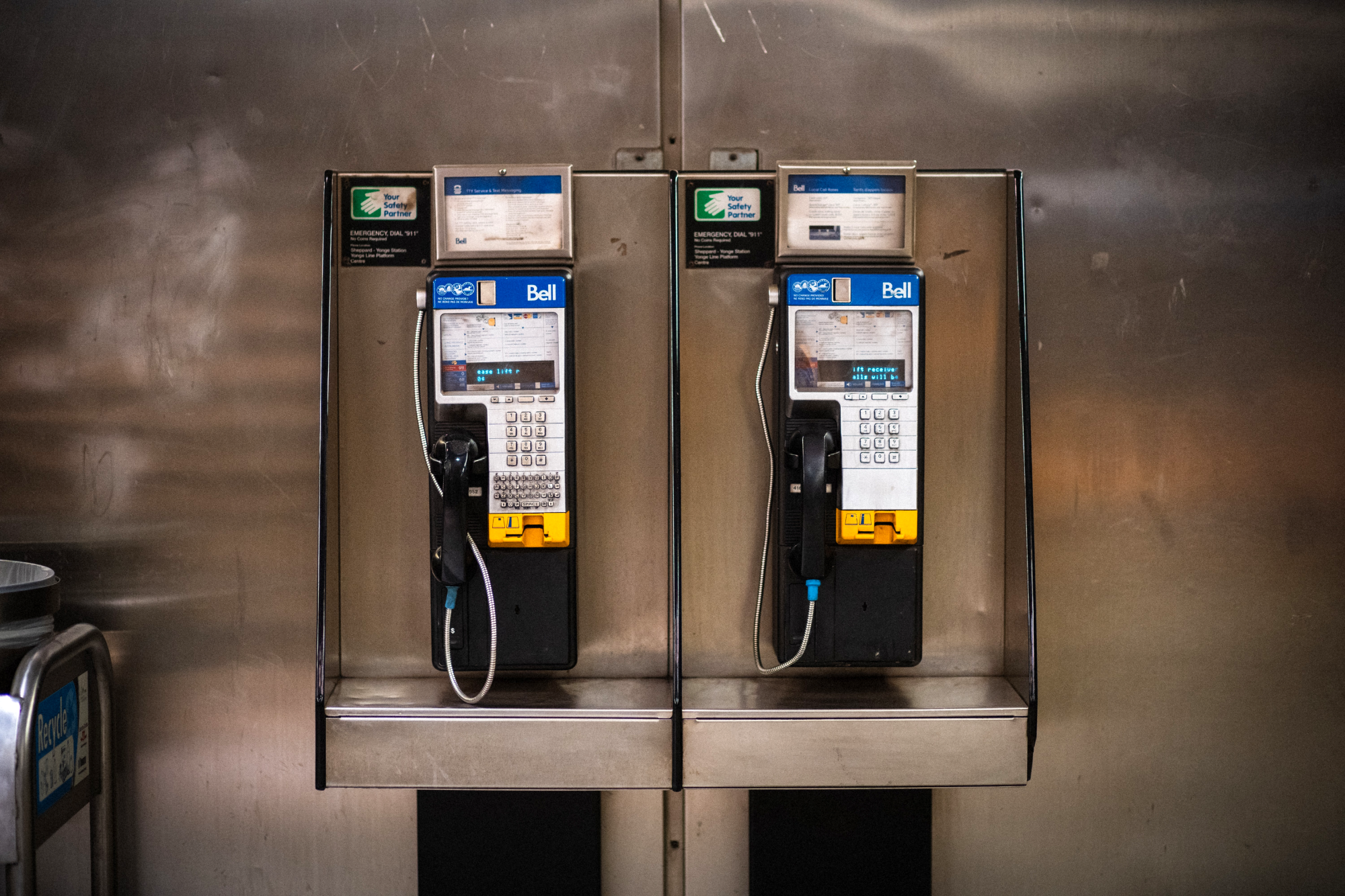More Convivial Tools for a Better Digital Life

Choosing to make better choices, even when it costs us
“To a man with a hammer, everything looks like a nail” is a troublesome aphorism. It’s at once silly and startling. Silly because hammers are used almost exclusively for driving or prying out actual nails. No one must drive a nail while holding a hammer, obviously. Yet, the saying contains a startling truth. If you’ve ever held a hammer—weighed its heft and balance in your hand—you’ve likely felt the compulsion to go looking for a nail. The hammer needs to be wielded, but the hammer wants to hammer.
Tools do what they’re designed to do. Sometimes we get creative with uses, but the exceptions simply prove the rule: a hammer hammers. The late media critic Neil Postman said “technological change is not additive; it is ecological. A new technology does not merely add something; it changes everything”. So it follows that an environment filled with hammers will find nails; an environment of telephones will transport human voices across distance; and an environment of digital-social media contributes to whatever it is that we’re experiencing right now.
New tools, as I’ve shared in other discussions of Postman’s work, “can still upend societies because technology re-configures what is possible.”
How, then, should we think about the tools available to us? If the appearance of new technologies and forms of communication alter the theatre of our experience, is choosing to connect via telephone a meaningful choice when billions connect via Facebook? Putting aside the question of effective choices, first we need to consider a useful metric for making the choice in question: Conviviality.
Conviviality, as I’m using it here, originates with Ivan Illich and his book Tools for Conviviality (1973) and my understanding of the term is formed chiefly by the excellent work L.M. Sacasas, an independent scholar and author of the Convivial Society newsletter. According to Illich, a convivial society allows its members "the most autonomous action by means of tools least controlled by others,"1 and that action is best defined as an “individual freedom realized in personal interdependence”.2
For the sake of brevity, I won't list all the ways we are not autonomous users of digital tools like Facebook. It's difficult to even discuss the operations of Facebook, Google, and other Big Tech empires as tools; they are platforms operating at an industrial scale. Hopefully it is obvious enough to say that the user experience of my chosen example of a non-convivial tool—Facebook—is very obviously constrained, directed, and ultimately controlled by others.
I've written elsewhere on some of the problems of Facebook's scale and business model, so here I'll focus on a meaningful alternative.
Towards Digital Tools of Conviviality
Conviviality depends then on the potential for individual action within relationships of interdependence. The more control we cede for convenience, the more diminished the returns. For example, via Facebook products I know more about my friends lives than ever before while experiencing less personal interdependence with those friends. I think I want to "connect" with my "friends" on Facebook, but the scale and configuration of Facebook's brand of connection frustrate my goal. Moreover, the gravitational pull of the network's scale also means my attempts to withdraw from it and to employ more convivial tools are often resisted. The cycles of consumption and convenience that define the industrial mechanisms of social media are effective at convincing users that what they want is most available and best accessed via the platform.
The platform's position as a purveyor of clearly desirable goods, and its ability to fade into the background, make users the target of other users' complaints. When someone’s Facebook feed is filled with prepackaged, lowest-denominator content, like political memes and brand-building junk, the offending friends shouldn’t shoulder all the blame. Facebook’s design privileges the broadcasting of our most trivial and fleeting desires to serve its business model, and it does so by harnessing the human desire to connect. We blame other people—and not the cloyingly unsympathetic tools—for the lack of relational interdependence we crave and fail to find Facebook.
Industrial-scale digital tools like Facebook exist to harness and master users for the ends of the platform—that we find of Facebook's means to this end helpful, useful or convenient is incidental. Illich uses the language of mastery to illustrate the spectrum of conviviality:
Tools are intrinsic to social relationships. An individual relates himself in action to his society through the use of tools that he actively masters, or by which he is passively acted upon. To the degree that he masters his tools, he can invest the world with his meaning; to the degree that he is mastered by his tools, the shape of the tool determines his own self-image. Convivial tools are those which give each person who uses them the greatest opportunity to enrich the environment with the fruits of his or her vision. Industrial tools deny this possibility to those who use them and they allow their designers to determine the meaning and expectations of others. 3
Which tool exercises more power over your self-image and more forcefully seeks its own ends, Facebook or a telephone?

Discord, A More Convivial Tool
In contrast to industrial tools which seek to master us, convivial tools offer the possibility of an individual exercise of creativity in active interdependence with others. Our ability to exercise mastery over our tools, especially tools of communication, impacts the quality of our relationships. I'm not about to suggest anyone only communicate by phone in the age of the internet. I am, however, committed to relocating our digital interactions to better, more convivial tools.
Meet Discord, a digital tool that offers the means of communication people value Facebook for without the algorithmically directed consumption and manipulation people hate it for, knowingly or unknowingly. Discord connects individuals to others and to groups large and small. Importantly, there are also meaningful limits to the speed and frequency of notifications, and fewer incentives to contribute to a "feed" by posting into the void.
A "feedless" tool for digital communication matters because it's the feed and its inscrutable algorithms that "determine the meaning and expectations" of users. Discord groups, in contrast, are directed by individuals within public and private groups, sub-divided into even more manageable and meaningful channels. On Discord, people have access to large forums as well as intimate opportunities for connection in a more convivial setting.
In this way, Discord is similar to the telephone. Just as telephone networks can be manipulated and abused, perhaps by a government wiretap or eavesdropping, Discord isn't perfect. Both, however, are more convivial than social media insofar as they are not designed to manipulate and direct the attention and actions of their users. The heart of the distinction lies in how closely the use of a tool's means aligns with the users ends. Knowing what a friend is up to via a highly impersonal "personalized" newsfeed is very different from asking that friend how their day was. Facebook's means, bundled and inflexible as they are, frustrate the ends they are meant to satisfy; Discord does not.
Crucially, Discord also provides users a direct way to sustain the tool financially, which encourages a fair reciprocity in place of the user-as-resource model of totally free services.
To finish, I'll leave you with a last word from Illich on the value and possibility of pursuing a more convivial society:
What is fundamental to a convivial society is not the total absence of manipulative institutions and addictive goods and services, but the balance between those tools which create the specific demands they are specialized to satisfy and those complementary, enabling tools which foster self-realization. The first set of tools produces according to abstract plans for men in general; the other set enhances the ability of people to pursue their own goals in their unique way. 4
1: Illich, Ivan. Tools for Conviviality (p. 27). Marion Boyars. Kindle Edition.
2: Tools for Conviviality (p.19)
3: Tools for Conviviality (p.28)
4: Tools for Conviviality (p.31)



Member discussion